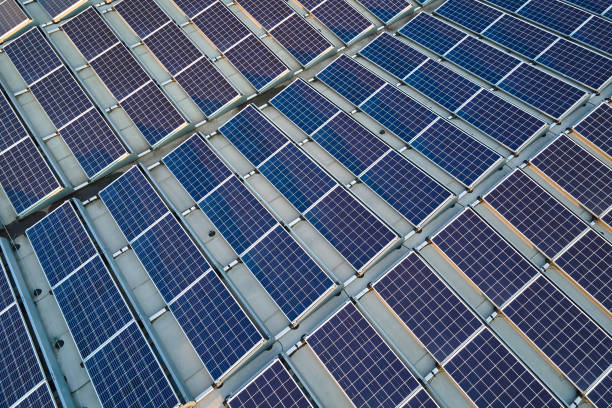News /
Swedish energy giant Svevind recently signed a USD 50 billion contract
2023-01-20
Kazakhstan is at the forefront of global efforts to create an environmentally sustainable economic model, as evidenced by President Tokayev's adoption of green policies. Already, the country has seen a sharp increase in renewable energy production, with 19 facilities providing 393 MW in 2021 and 933.07 million kWh (generating 3.03% of total power) in the first quarter of 2022 alone. Over the next few years, this progress is expected to continue with 53 additional projects due to come online by 2025 (hydroelectric stations, wind farms, and solar power stations). Furthermore, Kazakhstan is uniquely positioned to be a hub for clean energy production – boasting both solar yields similar to Southern Europe, and wind yields comparable to South Africa. In line with this potential, Swedish energy giant Svevind recently signed a USD 50 billion contract with the Kazakh government to construct a 20 GW green hydrogen facility in the Mangystau province. This would be one of the largest of its kind globally and could provide Europe with clean energy exports.

European Commission President Ursula von der Leyen recently endorsed a Memorandum of Understanding with Kazakhstan's Prime Minister Alikhan Smailov that creates a "strategic partnership" between the two sides. Together, they are striving towards an ambitious “Low Carbon Development Strategy” which aims for 7 GW of renewable capacity by 2030 – an initiative well on its way to becoming reality under President Tokayev's guidance.
In short, Kazakhstan is a leader in environmental reform and its capacity to support collective climate objectives should not be underestimated. As the world gathers together to combat the climate crisis, it is clear that Kazakhstan is a key player – one whose success will be essential in ensuring our planet's future sustainability.
Kazakhstan is at the forefront of global efforts to create an environmentally sustainable economic model, as evidenced by President Tokayev's adoption of green policies. Already, the country has seen a sharp increase in renewable energy production, with 19 facilities providing 393 MW in 2021 and 933.07 million kWh (generating 3.03% of total power) in the first quarter of 2022 alone. Over the next few years, this progress is expected to continue with 53 additional projects due to come online by 2025 (hydroelectric stations, wind farms, and solar power stations). Furthermore, Kazakhstan is uniquely positioned to be a hub for clean energy production – boasting both solar yields similar to Southern Europe, and wind yields comparable to South Africa. In line with this potential, Swedish energy giant Svevind recently signed a USD 50 billion contract with the Kazakh government to construct a 20 GW green hydrogen facility in the Mangystau province. This would be one of the largest of its kind globally and could provide Europe with clean energy exports.

European Commission President Ursula von der Leyen recently endorsed a Memorandum of Understanding with Kazakhstan's Prime Minister Alikhan Smailov that creates a "strategic partnership" between the two sides. Together, they are striving towards an ambitious “Low Carbon Development Strategy” which aims for 7 GW of renewable capacity by 2030 – an initiative well on its way to becoming reality under President Tokayev's guidance.
In short, Kazakhstan is a leader in environmental reform and its capacity to support collective climate objectives should not be underestimated. As the world gathers together to combat the climate crisis, it is clear that Kazakhstan is a key player – one whose success will be essential in ensuring our planet's future sustainability.